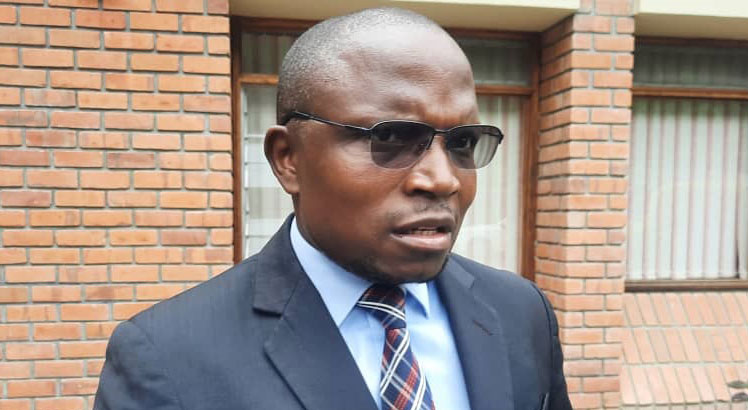Govt banks AIP hopes on donations
Ministry of Agriculture says it is banking on donations of fertiliser to cover this year’s Affordable Inputs Programme (AIP), which is embroiled in procurement controversy.
The donations include 20 000 metric tonnes (MT) of NPK fertiliser from Russian mineral and potash fertiliser manufacturer Uralchem through World Food Programme (WFP) and 10 000MT from Morocco which needs to be blended to make 52 000MT for use.
The ministry said there is also a loan from the African Development Bank (AfDB) to finance procurement of 2 500MT of climate-smart certified cereal and legume seeds and 70 000MT fertiliser.
In a statement on Tuesday, Ministry of Agriculture Principal Secretary responsible for Technical Services Medrina Mloza Banda said they have also completed the identification of the 2.5 million beneficiaries.

“The main source of fertiliser is by Smallholder Farmers Fertiliser Revolving Fund of Malawi [SFFRFM], donations from Morocco through Sustain Africa Project, World Food Programme and loan from African Development Bank,” she said.
Mloza Banda said procurement of fertiliser is almost complete, adding that most of the required quantity is already in the country, but did not mention the tonnage.
She said: “Government is, therefore, informing the public that it has cancelled procurement of fertiliser using the local tender agreement. The inflow of donations from several development partners has necessitated the move to cancel the process.”
Through SFFRFM, Capital Hill intended to procure 185 073.33MT of Urea and NPK fertiliser for the programme worth K188.24 billion.
Blending of the Morocco fertiliser, according to Minister of Agriculture Sam Kawale, will cost about K40 billion to be taken from the K109 billion AIP budget.
In an interview yesterday, he said blending takes three weeks and the process already started.
Kawale said: “We received 20 000 MT from WFP. The fertiliser is up to Beira [Mozambique]. From Beira, we need to transport it to
Malawi and then to selling points. We did not get money for that. We are using part of AIP budget to fund this transportation.
“We received 10 000 MT from Morocco. This fertiliser is called MAP [Mono-Ammonium Phosphate]. It needs to be blended to make 52 000 metric tons. We are using about K40 billion AIP budget to blend this, then transport to selling points.”
He argued that the government was investing a lot into the programme so that more people benefit.
“What we are doing is asking for K15 000 contribution, not selling, but contribution, towards accessing the fertiliser. I hope this makes sense,” said Kawale.
While commending government for the move, Lilongwe University of Agriculture and Natural Resources agriculture economist Kennedy Machira AIP should be a revolving programme so that farmers become responsible.
He said considering that Malawi is experiencing shortage of forex but farmers are nearing planting in their fields, there was need to look at alternative solutions.
Said Machira: “We should look at a solution to create middle scale farmers who can be given this AIP money as a revolving fund. Government should also think of an Agriculture Development Bank because when it is created, government will not have input stress any more. It will be up to the bank and the middle scale farmer doing business.”
In the 2022/23 National Budget, AIP has claimed K109.5 billion, representing 85 percent of the agriculture sector budget.
The allocation is a K33 billion decline from the previous year’s K142 billion.





